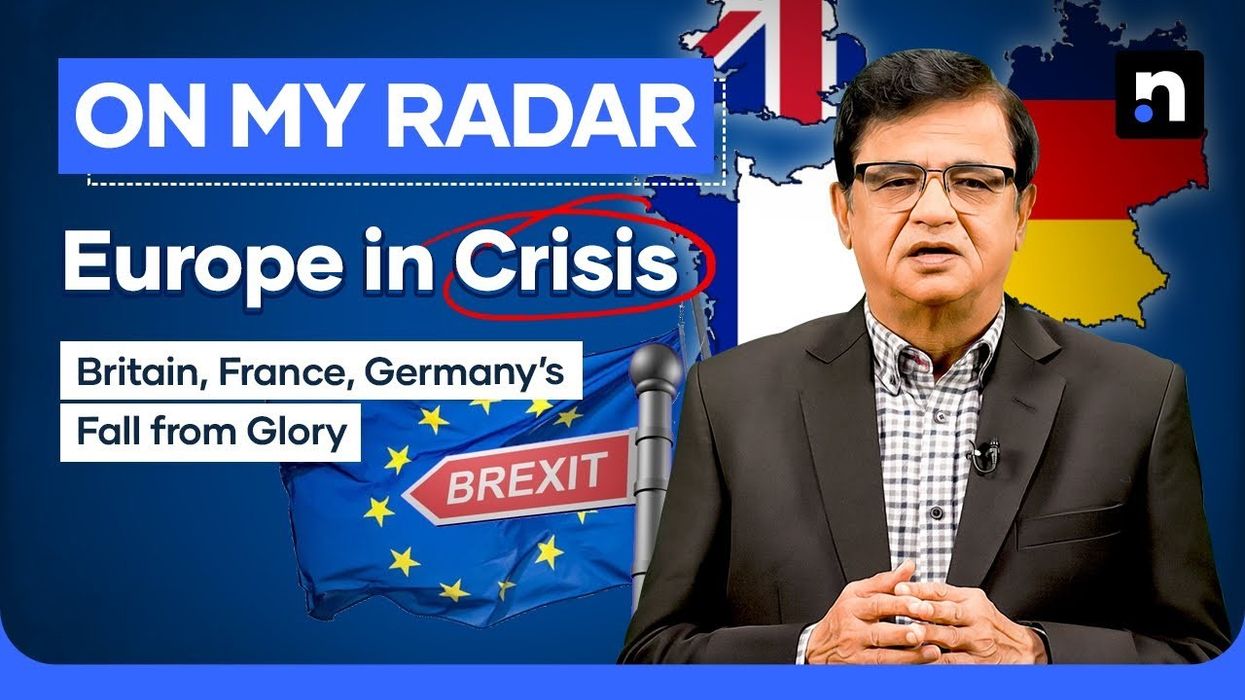Europe’s powerhouses face crises: Britain, France, and Germany in turmoil
Kamran Khan reflects on Europe’s major economies grappling with inflation, rising unemployment, and political instability
News Desk
The News Desk provides timely and factual coverage of national and international events, with an emphasis on accuracy and clarity.
Once the bedrock of Europe’s economic and political strength, Britain, France, and Germany are now grappling with unprecedented crises, threatening the continent’s stability.
Political unrest, sluggish growth, and inflation dominate their headlines, raising questions about the long-term trajectory of Europe’s most influential nations.
In Britain, Brexit's aftermath continues to haunt the economy eight years later. Despite six changes in prime ministers since 2016, no leader has successfully steered the country toward economic recovery.
According to Statista, nearly 48% of Britons consider the economy the country’s most pressing issue. Inflation, though reduced to 6.7% in 2023, remains above the Bank of England’s target of 2%, squeezing household incomes and eroding purchasing power.
Additionally, trade with the European Union has fallen by 15%, with export-dependent industries experiencing long-term structural issues.
France, meanwhile, is reeling from widespread social unrest and economic stagnation. President Emmanuel Macron’s controversial reforms sparked protests throughout 2024, paralyzing key sectors and fueling public discontent.
Unemployment has risen to 7.1%, the highest in 15 years, while the nation’s debt-to-GDP ratio has climbed to 112%, far exceeding the EU’s 60% benchmark. Analysts predict growth could slow to 0.8% in 2025 as fiscal pressures weigh on investor confidence.
Germany, once the industrial backbone of Europe, is facing mounting challenges from rising energy costs and global supply chain disruptions.
Projections for 2024 GDP growth were initially set at 0.4%, but the economy expanded by only 0.1% through the third quarter. Industrial output dropped 5% over the year, with key automakers like Volkswagen and Mercedes reporting significant losses. As political turbulence mounts, early elections are scheduled for February 2025 following a vote of no confidence in the chancellor.
The combined crises in these three nations, which account for 56% of Europe’s GDP, have sparked concerns over the continent’s economic and geopolitical future. With Europe’s overall GDP growth projected at a mere 0.8% for 2024, the challenges facing its strongest economies cast a long shadow on the region’s stability.











Comments
See what people are discussing